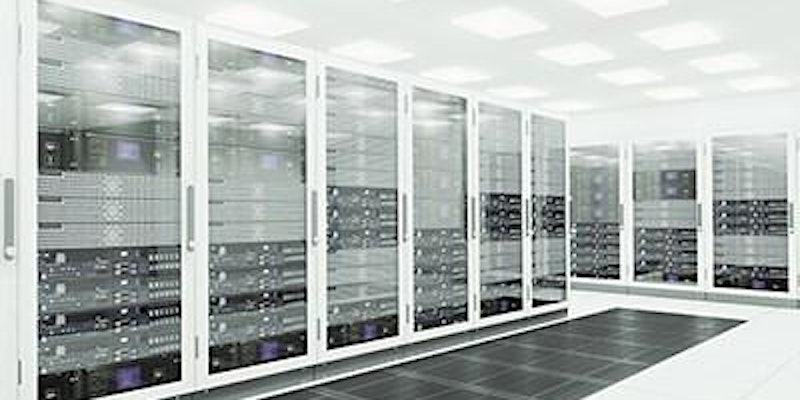This session is intended to give an overview of the underlying technology infrastructure to help people understand how it all works.
Watch the video
Synopsis
IT systems and their associated infrastructure are complex and expensive. Done well they can provide enormous business benefits. Done badly they can consume a lot of resources with little to show for it.
The infrastructure consists of all the physical hardware and how it is set up in order to function as intended.
Systems are seldom stand-alone or isolated, which increases the complexity. The key requirements are availability, security and performance.
Something as apparently simple as making a telephone call or joining an online meeting relies on a lot of things working across a number of different organisations.
When problems occur, it helps to have an understanding of how everything is interconnected and configured, otherwise trouble-shooting can be extremely difficult, if not impossible.
Designing and implementing secure, reliable systems that perform as intended and which scale well to cater for increasing workloads requires an understanding of the limitations of the available technology.
This session is intended to give an overview of all the pieces that make up the underlying technology infrastructure, thus helping people to understand more about how it all works.
About the speaker
Colin Butcher FBCS CITP CEng
Colin is a consulting engineer who has led the design and implementation of mission-critical and disaster-tolerant systems in a wide range of industries such as aerospace, power generation, finance, healthcare and transport.
Much of his work involves the mentoring and development of project teams in addition to developing practical solutions to the complex technical and business issues.
Colin has been involved with the world-wide DEC / Compaq / HP community for over 30 years and is a well-known speaker on systems engineering topics with specific interests in availability, performance, security, networking and storage.
He has a first class honours degree in mechanical engineering from Leeds University and spent several years as an engineer prior to changing careers in the mid 1980s.
This event is brought to you by: BCS Bristol branch














